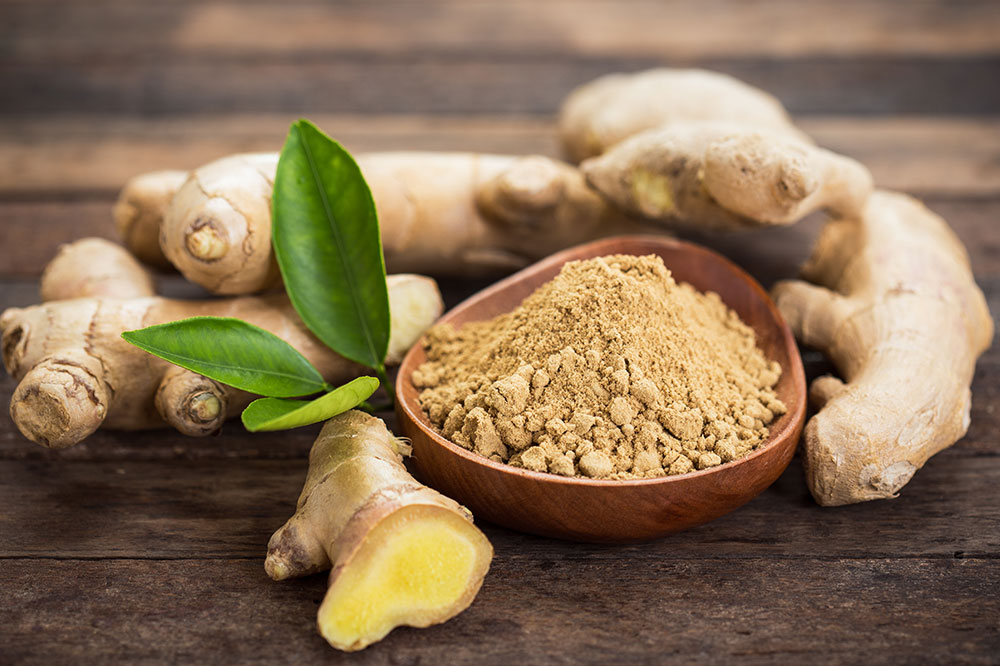Best food and home remedies for nasal polyps

Nasal polyps are soft tissue growths found inside the nasal passage or on the sinuses. They are a symptom of respiratory diseases, allergies, and common sinus infections. Nasal polyps can cause breathing problems due to congestion and may increase the risk of infections among adults. It is possible to manage the condition with medications and treatments among known nasal polyps info options. The following changes in the food regime also help.
Foods rich in vitamins and minerals
Vitamin A and foods rich in beta carotene help counter inflammation and protect the sinus membrane. Popular options include dark leafy greens and fresh fruits, including spinach, sweet potatoes, carrots, squash, melon, mango, and apricots. Additionally, vitamins C and E can help fight free radicals that cause tissue damage due to oxidative stress. Fruits, vegetables, legumes, nuts, and seeds that are rich in bromelain and magnesium can further provide relief from sinus infections triggered due to nasal polyps. These foods are rich in antioxidants that help combat oxidative stress and repair tissues.
Foods rich in nutrients
Cayenne pepper is rich in capsaicin that helps clear the sinuses and congestion. Additionally, foods that contain quercetin are potent antioxidants that fight inflammation and provide long-term relief. Popular quercetin-rich fruits and vegetables include onions, capers, broccoli, apples, grapes, cherries, raspberries, lingonberries, and cranberries. Turmeric is one of the more potent herbs to combat inflammation as it contains curcumin. Additionally, you can consume healthy probiotics to balance the microbiome content in the gut and promote better immunity. Apart from these common foods and common nasal polyps info options for treatment, it is also necessary to stay hydrated. Water can help thin the mucus and moisten the nasal passage.
Foods to avoid
Soy, yeast, gluten, dairy, and eggs can trigger sinus-related discomforts. Foods rich in artificial additives and preservatives can trigger certain intolerances that aggravate the symptoms.







